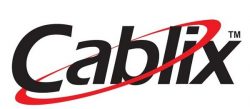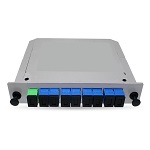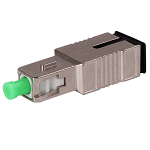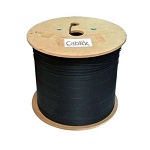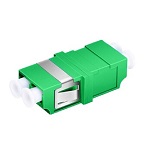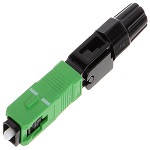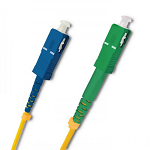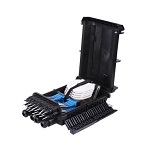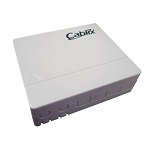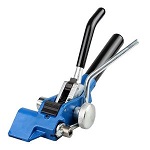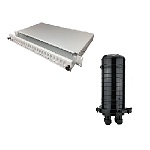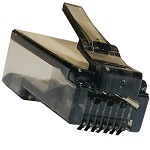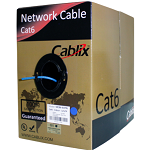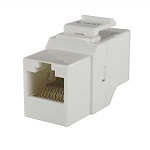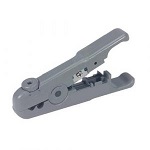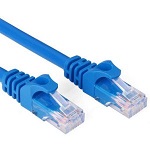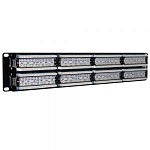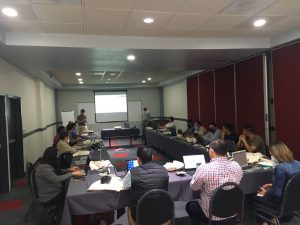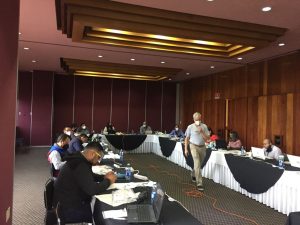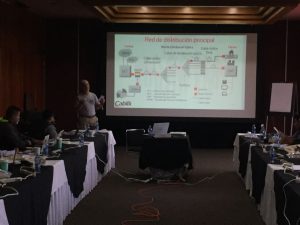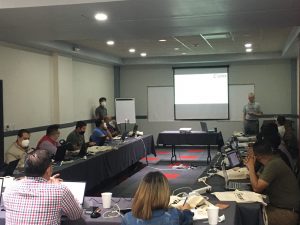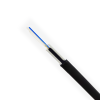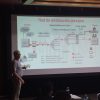Cablix Training
Fiber Optic Essentials: Your Path to Certification in Modern Cabling Technology
Fiber optic cabling is becoming the main way we connect in today’s world of fast internet and advancing technology. These cables are the fastest and most reliable method for ISP infrastructure. As we depend more on high-speed internet for our daily lives, fiber optics are set to be the main method we connect for decades to come.
With this growing use of fiber optics, there’s an increasing demand for people who know how to work with these cables. This includes installation, keeping them working well, and fixing any issues. As more businesses and services start using fiber optic technology, skilled workers in this field are in high demand. This is a great chance for those who get the right training to have a strong career in a field that’s really important for our technology today and in the future.
Overview of the Fiber Optic Cabling Training Program
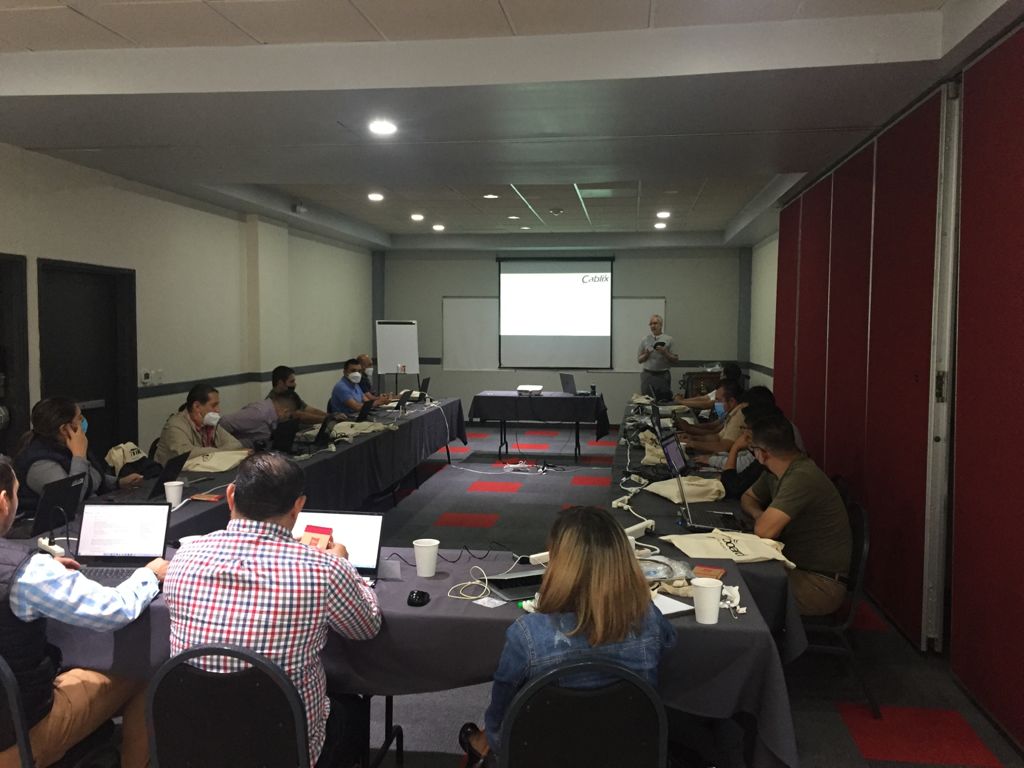
Our comprehensive training program in fiber optic cabling is designed to equip participants with the knowledge and skills needed for proficiency in this rapidly growing field. Spanning a period of 4 to 10 weeks, the program caters to a range of expertise levels, from beginners to experts, ensuring a broad and inclusive learning environment.
The program structure is meticulously designed to encompass a series of 4 to 6 modules, accompanied by 3 to 4 quizzes that assess and reinforce learning. Each class, consisting of around 15 students, fosters an intimate and interactive learning space.
Course Details:
TEC300-H: General Objectives
- Goal: This course aims to enable participants to determine the appropriate type of installation and components for specific fiber optic projects. It covers aspects such as network architecture, fiber optic cable structure, network topology, project planning metrics, connection hardware, and analysis and testing techniques for fiber optic deployment in external plant projects.
- Methodology:
- Theoretical Part: Delivered online with a live instructor, encompassing 4 modules over 8 hours, plus 2 hours of tutorials for Q&A.
- Practical Part: In-person laboratory sessions totaling 8 continuous hours, including FTTX network simulation with active (OLT and ONU) and passive components, fusion splicing, field connectorization, optical loss calculations, attenuation tests using Power Meter and PON Meter, and analysis using ORDR. The course concludes with an approval exam and International Certification.
CDPF: General and Specific Objectives
- Goal: This course focuses on pre-project planning for fiber optic deployments. It teaches participants to identify the necessary communication network systems and plan the connectivity for various locations in an external plant.
- Specific Objectives: The course aims to impart understanding of basic project creation needs, step-by-step project planning, designing a FTTX architecture-based fiber optic network, implementing architectural design tools, and maintaining project control and documentation.
TEC300-H: General Objectives
- Goal: Similar to the first TEC300-H course, this course also focuses on enabling participants to understand and choose the right installation types and components for specific fiber optic projects. It delves into aspects like network architecture, fiber optic cable structure, network topology, and the planning and deployment processes in external plant projects.
- Methodology:
- Theoretical Part: Online instruction with a live instructor, featuring 4 modules across 8 hours, and an additional 2 hours of Q&A tutorials.
- Practical Part: Consists of 8 hours of continuous in-person labs, covering a range of activities from FTTX network simulation to hands-on techniques like fusion splicing and attenuation tests, culminating in an exam and International Certification.
Program Objectives
The overarching objectives of our training program are:
- To provide comprehensive knowledge of fiber optic cabling systems, from basic concepts to advanced techniques.
- To develop practical skills essential for installation, maintenance, and troubleshooting of fiber optic networks.
- To prepare participants for real-world challenges in fiber optic projects with hands-on laboratory experience.
- To award internationally recognized certifications upon successful completion, enhancing career opportunities in the field of fiber optics.
This program is an invaluable resource for those seeking to establish or advance their careers in the dynamic and essential field of fiber optic technology.
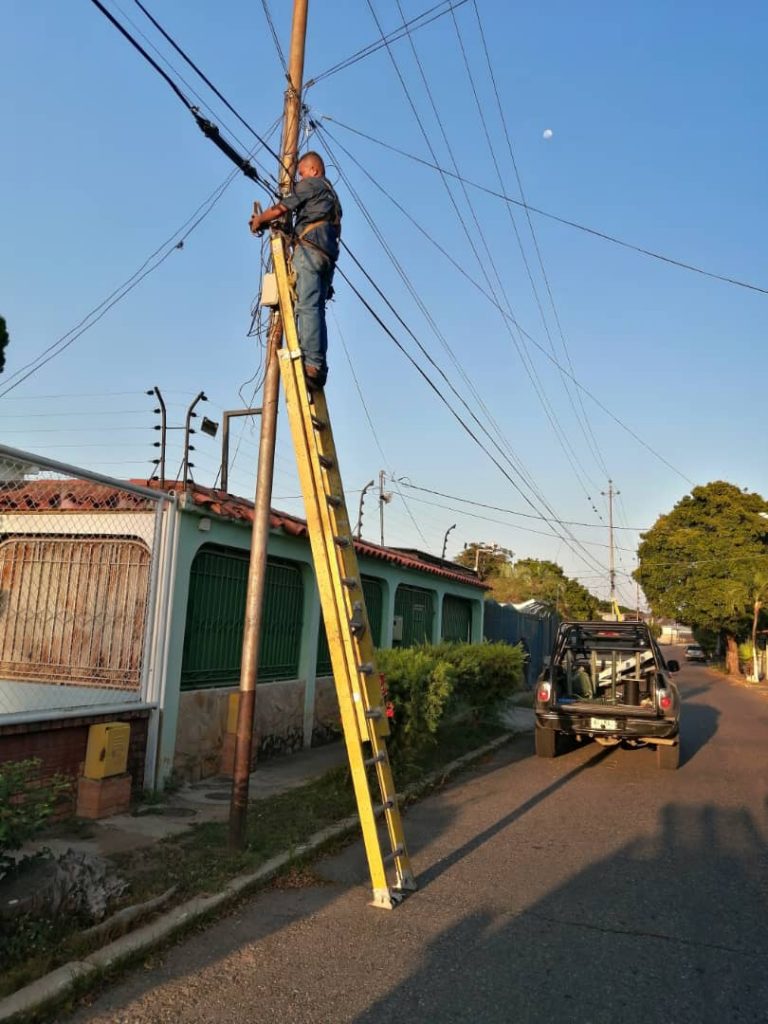
This comprehensive certification program is designed to embrace a wide spectrum of participants, ranging from beginners to experts in the field. It is ideal for professionals, students, technicians, and anyone who is either directly or indirectly involved in the installation, maintenance, and operation of systems that utilize fiber optic cabling as a communication medium. The program’s structured approach, encompassing various levels of difficulty and an extensive range of topics, ensures that every participant, regardless of their prior experience or expertise, finds valuable and applicable knowledge and skills. By the end of the program, participants will be well-prepared to tackle the diverse challenges and capitalize on the numerous opportunities in the dynamic and critical field of fiber optic technology.
Here's a list of our current courses we are offering
- Certificación Internacional de Cablix FTTX (TEC300-H).18 HoursBeginner6 Lessons4 Quizzes20 Students
Este curso de certificación internacional está dirigida a empresas proveedoras de internet WISP o ISP,...
$300.00 - Certificación: Bases, Conceptos y Fundamentos FTTX (TEC300-I)10 HoursBeginner6 Lessons7 Quizzes20 Students
Certificación Internacional de Cablix (CIC) Training FTTX (TEC300-I). Este curso de certificación internacional está dirigida...
$120.00
